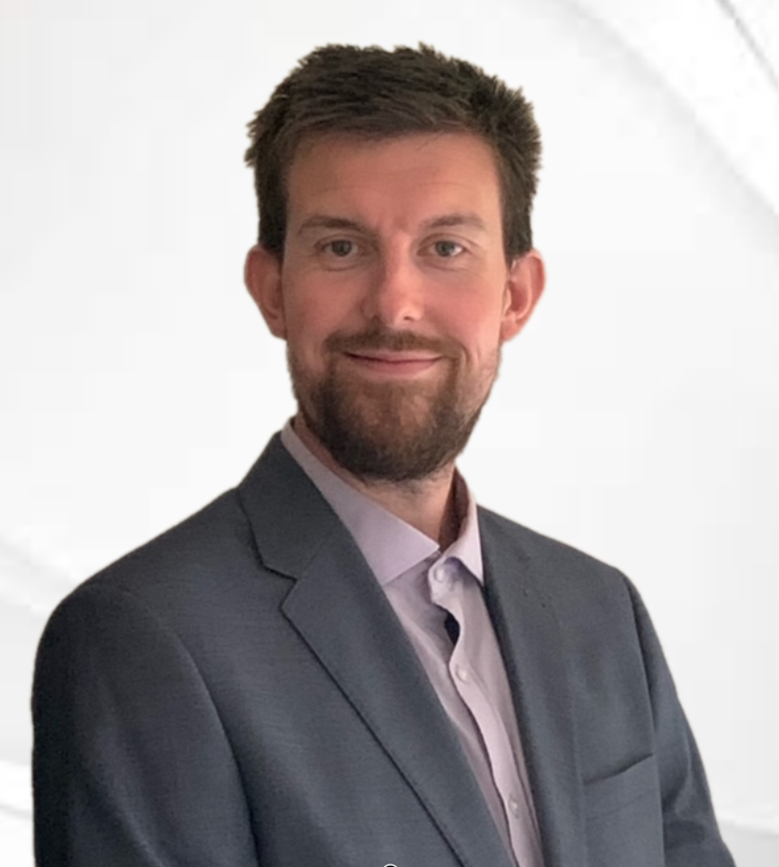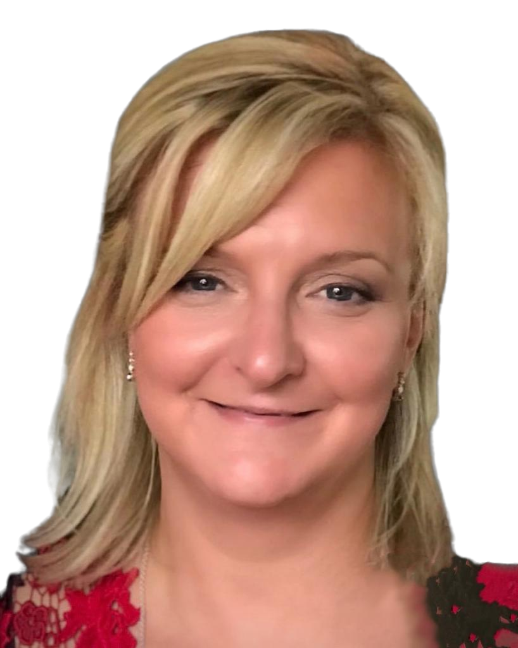News and updates from today's conference focusing on the practicalities of implementing and using PSIRF
The Patient Safety Incident Response Framework

Speaker: Dr Samantha Machen
Head of Patient Safety Incident Response & Associate Director of Patient Safety, University Hospitals Sussex NHS Foundation Trust
Sam completed an undergraduate Masters of Nursing Science (MNurSci) degree at the University of Nottingham before working as a qualified intensive care nurse at the East Midlands Major Trauma Centre in Nottingham.
Sam said "One of the most important things about PSIRF is how important it is for us to engage better with patients and families".
Sam talked about the three I's Insight, Involvement and Improvement, she said "I know what is going on is insight, and I can improve patient relations is improvement"
The Decision to Investigate – identifying and prioritizing incidents that have the greatest potential for learning
Speaker: Mr Darren Thorne
Quality Governance & Patient Safety Consultant, Facere Melius
Darren started his talk by explaining what they do at Facere Melius, he said " Our framework is to understand incidents and understand where the biggest gaps are".
Darren posed the question "How do you prioritise incidents that have the greatest potential for learning?", He said "We offer suggestions and some tools on how to approach this".
He also said "PSIRF is to support the culture of change and to reduce bereaucracy whilst retaining improvement and learning"
Darren concluded his talk by saying "PSIRF is an evolution, and we musn't go searching for "The Perfect Day".
Using an Asset-Based Approach To Support System-Wide Safety Improvement
Speaker: Daniel Hodgkiss
Assistant Programme Manager, West Midlands Academic Health Network
Daniel joined WMAHSN in 2019 and leads the national Managing Deterioration Safety Improvement Programme for the West Midlands focusing on patient deterioration in a multitude of settings.
 Speaker: Victoria Harrop
Speaker: Victoria Harrop
Assistant Programme Manager - Health Innovation West Midlands
Vicky qualified as a Therapy Radiographer in 1995 and has developed her career and expertise in a variety of specialisms.
Dan started his talk by talking about "The notion of wholeness - how the collective parts work together" "Understanding how all the system parts work collectively support good performance"
Dan also said "Things are ever changing and unpredictable, we need to see how our proceedures work at operational levels". Dan finished by saying "Implementing PSIRF has reduced serious incidents in our trust by 62%"
Vicky talked about language, she said "Language and the words we use really matter", "Subltle language change can have a much more positive effect, for example instead of saying an Incident Investigation, this can be a safety event or learning opportunity"
Vicky also said " Lets reframe our language to truly achieve safety differently".
.png)

























